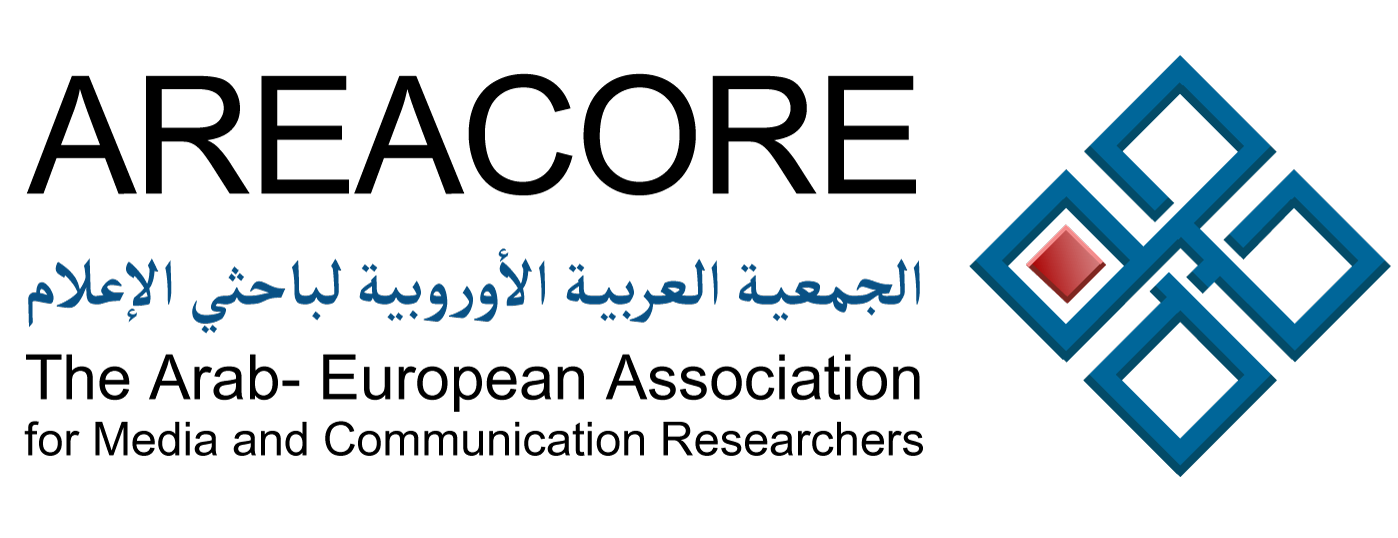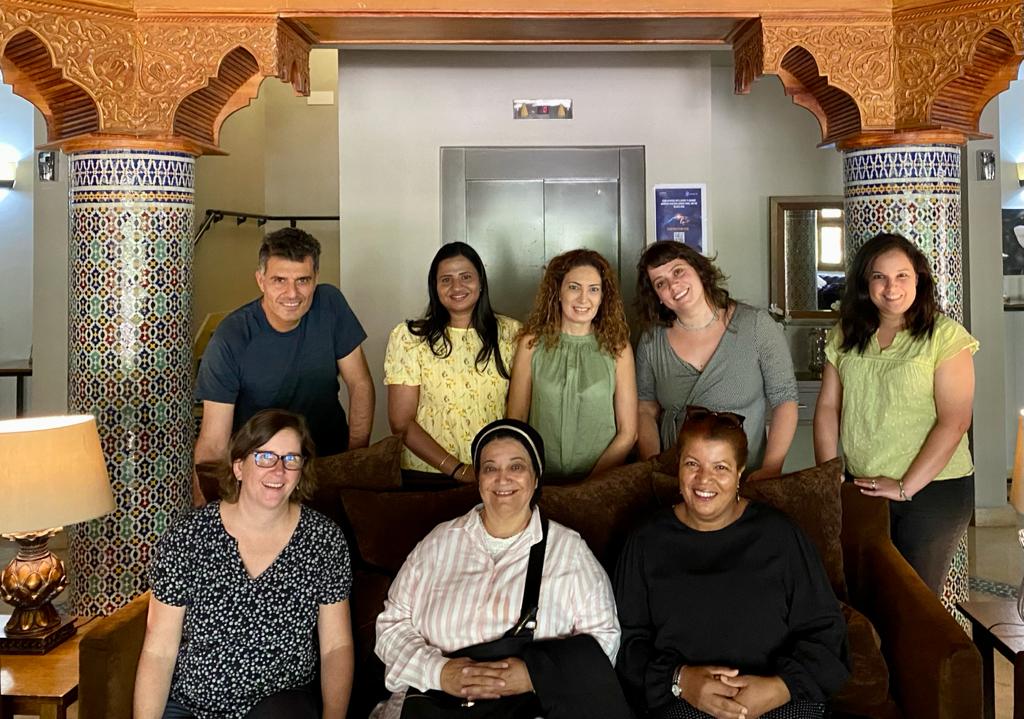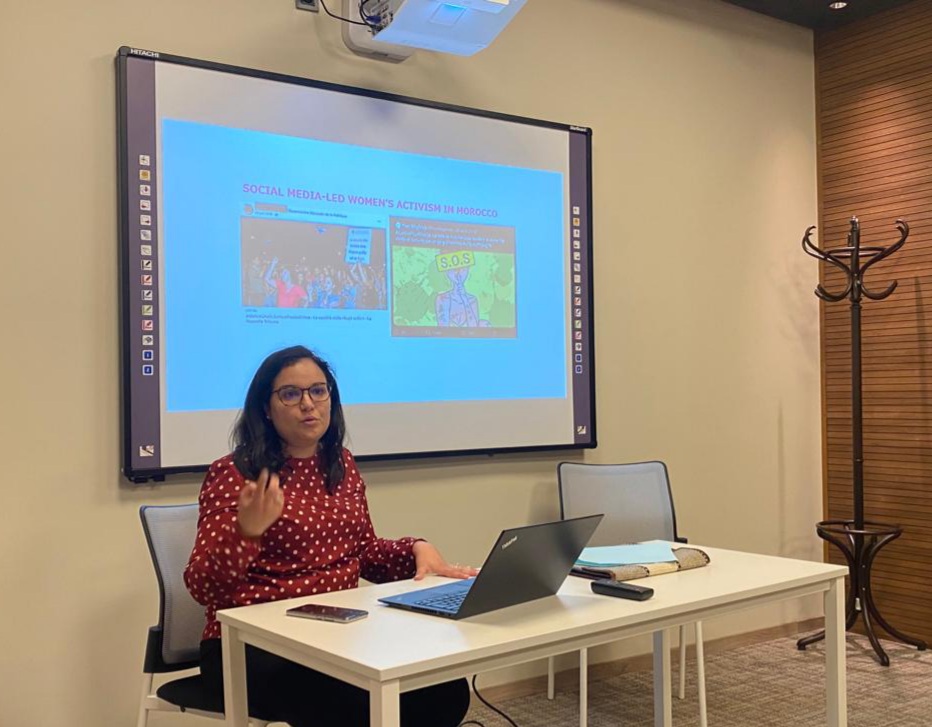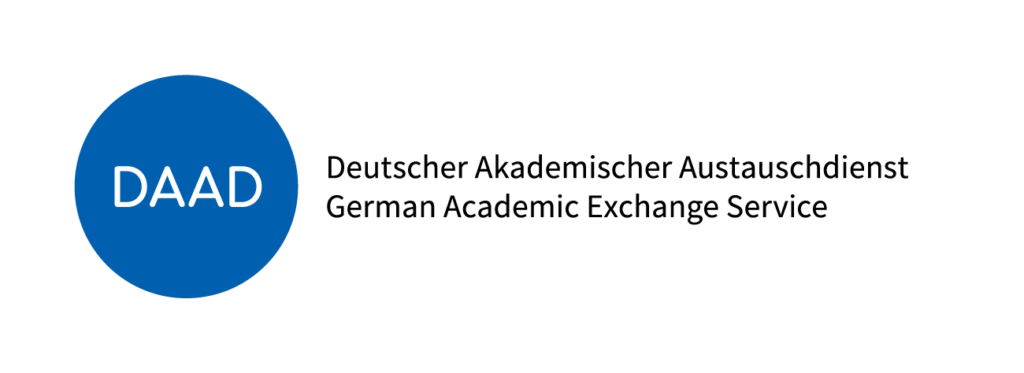“The exchange with our colleagues allowed for getting a deeper understanding of how the pandemic impacted research and learning environments differently: depending i.e. on the political contexts, the resources provided for technological infrastructures and pandemic response measures taken.”
Anna Antonakis, Freie Universität Berlin
“The workshop enabled me to practice some useful “faculty development,” by learning from the experiences of other colleagues within the same field. We exchanged ways ofteaching communication studies in different institutions and countries, and during the challenging time of the pandemic and online learning. I am grateful for that experience and having face-to-face interactions with colleagues.”
Kenza Oumlil, Al Akhawayn University
“This workshop has definitely come on time . It was a privilege meeting colleagues from diverse interests in media studies face-to-face . The workshop opened up for creative ideas of collaboration and benefited from each other’s expertise . How distance learning techniques can help our graduates and undergraduates to benefit from schools of teaching in Germany and the Arab world .”
Inas Abou Youssef, Cairo University
“The Ifrane workshop was a great opporutnity to evaluate what we accomplished so far despite the Corona situation and to think how we can settle further steps so that we can exchange experiences, thoughts and do researching of common interests. It was a privileged moment to be able to meet in person and to discuss about online teaching challenges, about media literacy and how these two fields are yet areas of interests for all the AREACORE institutions. […]”
Hamida El Bour, Université de la Manouba
A Collaborative workshop held in September 2022 at Al-Akhawayn University
This workshop addresses pedagogical practices and looks at future directions in communication, media, and digital literacy studies. We look at areas for growth, and explore innovative initiatives for the internationalization of the curricula about media education in different localities and contexts. The workshop will draw upon the expertise and experiences of communication studies faculty from leading institutions of higher education in Germany and the Middle East North Africa region. Taking as a starting point the experiences of faculty during the Covid-19 pandemic and the switch to online modes of teaching, how can we reflect about online teaching and best practices for digital learning? What are the challenges in the classroom for Gen Z students? How can we enhance employability and internationalization in a fast-changing environment where students will have to change jobs a few times during the course of their career? At a time of increasing options for educational institutions and hesitancy about the continued relevance of the university, what roles can communication and media studies faculty play to engage students and reassert the relevance of providing both theoretical education and practical/technical training in media production, design, and strategic communication? In a post-Covid world, how can faculty participate in providing a well-rounded education with an eye towards the future and help students navigate a world of information overload, fake news, increased media consolidation, but also more interactivity, participatory media, and still uncharted territories for social media use and effects?
As part of a collaborative project of the participants, a joint
publication on teaching under Covid-conditions in the Arab world has been
published:
Abou Youssef, Inas & Richter, Carola (2022). Distance Teaching
in media departments in times of the COVID-19 pandemic. Experiences from
six Arab countries. Journal of Applied Learning & Teaching, 5(2), online
first, https://doi.org/10.37074/jalt.2022.5.2.5
This project is generously sponsored by the German Academic Exchange Service.



